
Home » News
News
Explore the latest news and announcements from TUM Asia. Stay connected with our community and discover how we’re shaping the future of education and innovation.
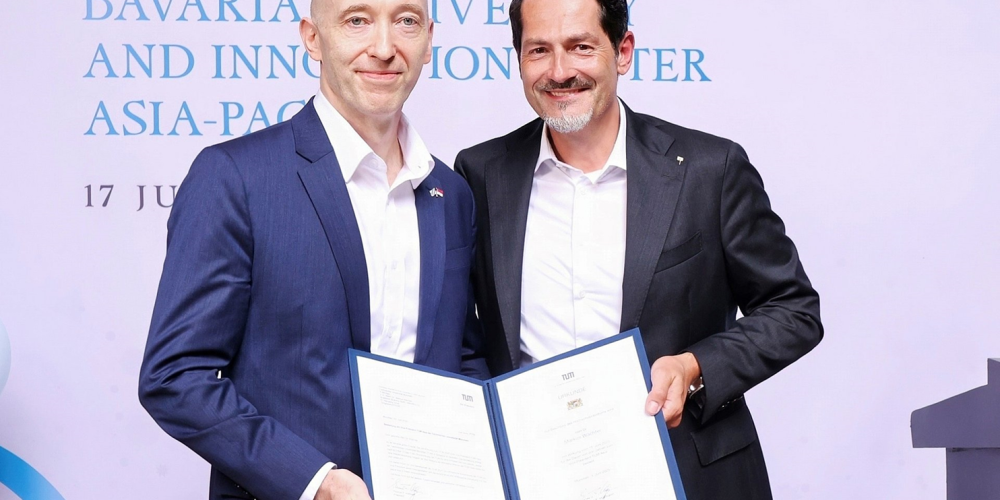
Dr. Markus Wächter appointed as new Vice President of TUM Asia. First Vice President for Strategic Activities in Asia-Pacific....
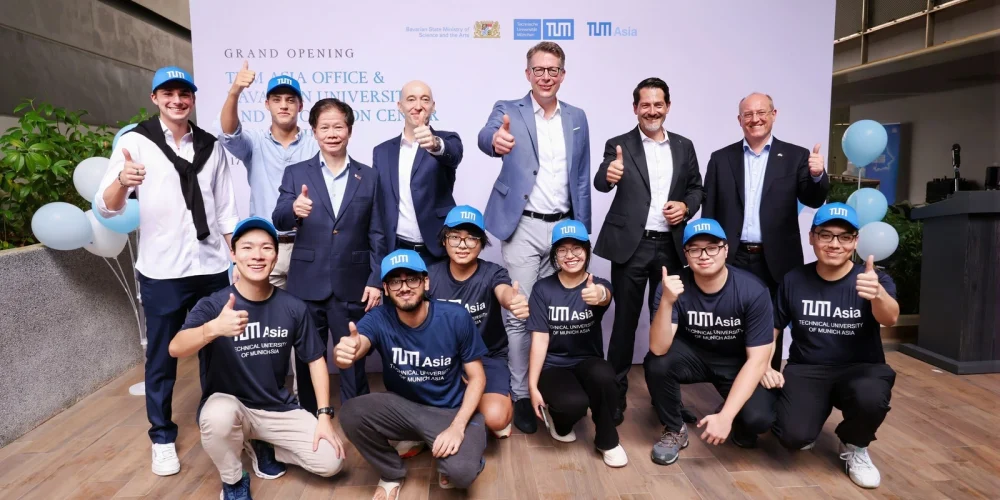
TUM Asia officially inaugurated its new office at NTU and to host new “Bavarian University and Innovation Center Asia-Pacific”....

TUM Asia to launch the Singapore-Germany Jubilee 60 Scholarship, covering 60% of tuition fees for Master’s students from both nations...
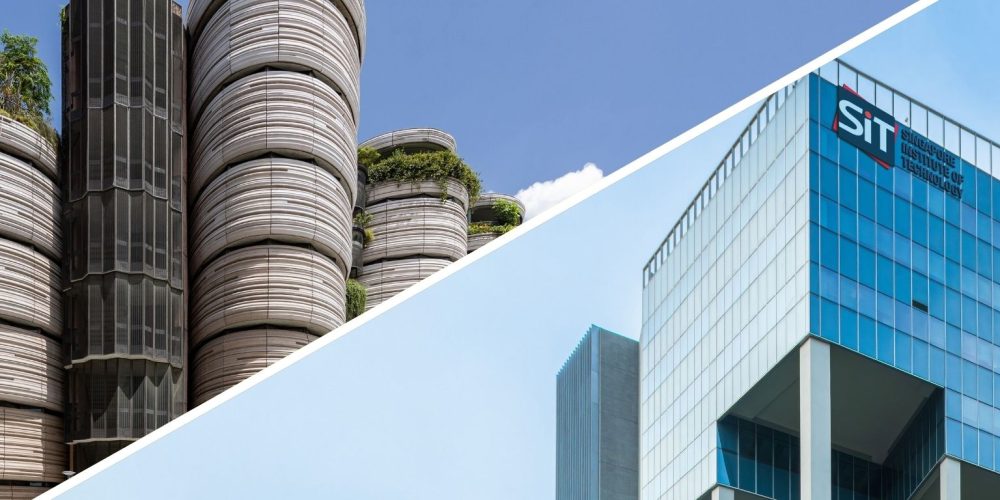
TUM Asia is relocating to two new campuses at NTU and SIT from May 2025, fostering deeper academic and research...

Announce Three New Cutting Edge, Future-Ready Collaborative Programs in Sustainability, Semiconductor Manufacturing and Advanced Robotics....
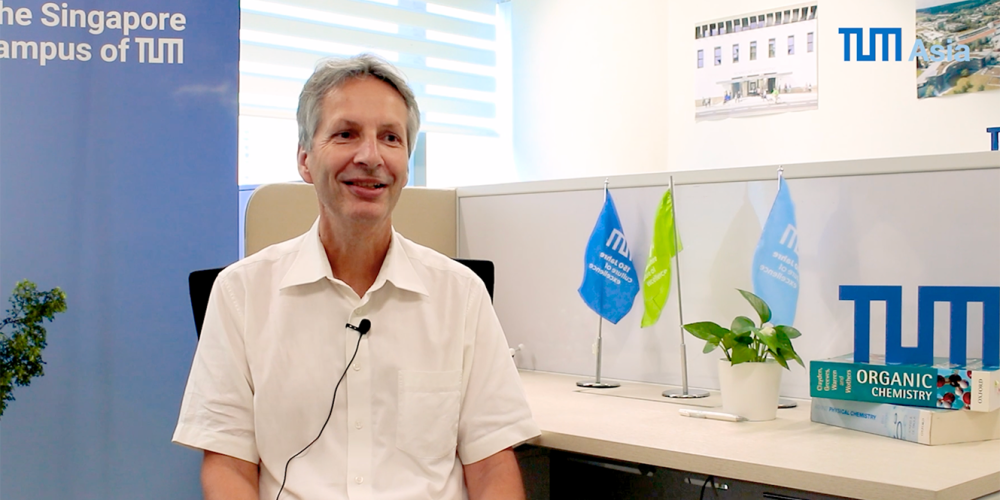
The Master of Science in Sustainable Food at TUM Asia stands out as a pioneering initiative designed to address the...

TUM’s research and teaching is contributing to a sustainable future for the city state of Singapore. A visit on site....
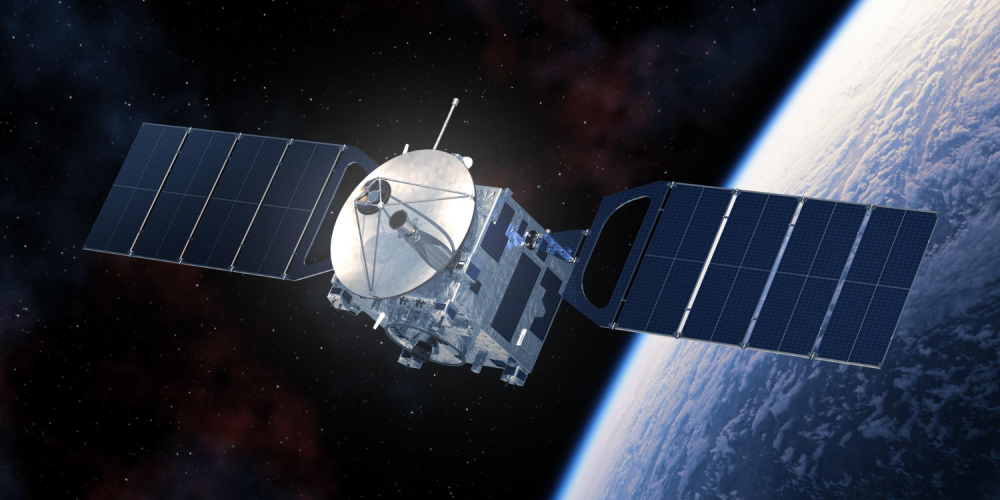
We are thrilled to introduce Space Mission Design, a brand-new module in our Master of Science in Aerospace Engineering programme....

How can we innovate without compromising the planet’s future? The Master of Science in Green Electronics at TUM Asia is...

The Technical University of Munich (TUM) has developed a far-reaching strategy for the use of artificial intelligence (AI) in research,...

Academic Building North, ABN-B2a-08,
Nanyang Technological University (NTU)
61 Nanyang Drive
Singapore 637335
Phone: +65 6777 7407
© 2025 Technische Universität München Asia
German Institute of Science & Technology – TUM Asia Pte Ltd
PEI Reg. No. 200105229R | Registration Period 13.06.2023 to 12.06.2029